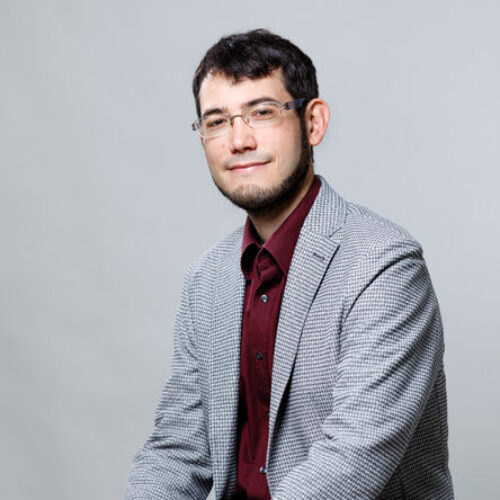CSE Special Seminar | Michael Herbst
Prof. Herbst's Website
Abstract
Reliable algorithmic differentiation techniques offer great promise for the inverse design of materials, improved density-functional theory (DFT) models or the propagation of uncertainties in first-principle modelling: three topics of current interest with direct consequences to improve accuracy and reliability of materials simulations. In recent work1 we equipped the density-functional toolkit (DFTK, [https://dftk.org)]https://dftk.org) — our in-house Julia-based DFT code — with algorithmic differentiation capabilities. I will present some of the required algorithmic developments to robustly solve the arising linear response equations and discuss the perspectives of this framework, following examples such as the inverse design of a semiconductor band gap, the learning of exchange-correlation functional parameters, or the propagation of DFT parameter uncertainties to relaxed structures.
Bio
Prof. Michael Herbst runs the Mathematics for Materials Modelling group at EPFL, where he is an assistant professor in the Maths and Materials Science institutes. He received his PhD from Heidelberg University and has been a member of multiple collaborations including CESMIX at MIT, NCCR MARVEL in Switzerland, and EMC2 at Sorbonne. More information on his research here!